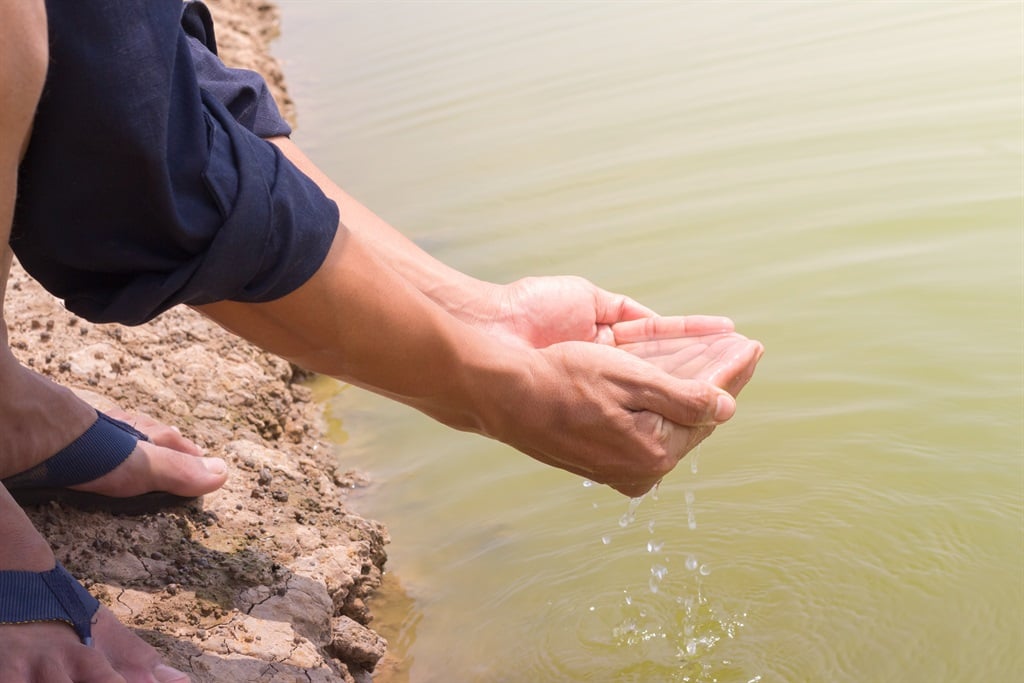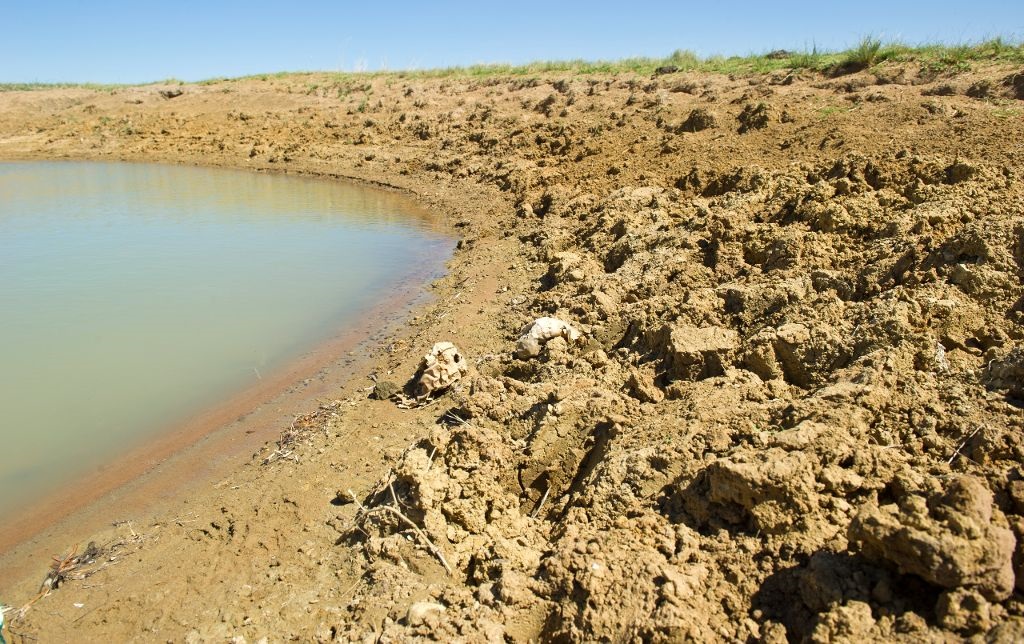
- Only 2.4% of money coming from the main multilateral climate funds was directed toward children.
- Unicef filed demands for world leaders to meet at COP28 in order to include children in the climate change conversation.
- About 80% of children in Niger, Burkina Faso, Chad and Namibia are among the most affected by the water crisis induced by climate change.
Despite their specific susceptibility, children have been either neglected or largely ignored in climate change discussions, a senior Unicef official said.
Only 2.4% of money from the main multilateral climate funds, for example, goes to projects that include child-responsive activities.
Climate change is also a driving force behind child labour, child marriage, extremism and forced migration, all of which expose children to human trafficking, gender-based violence, abuse and exploitation.
Unicef's executive director, Catherine Russell, bemoaned the sidelining of children.
"Children and young people have consistently made urgent calls for their voices to be heard on the climate crisis, but they have almost no formal role in climate policy and decision-making.
"They are rarely considered in existing climate adaptation, mitigation or finance plans and actions," she said.
Going into COP28 at the Expo City, United Arab Emirates, this early December, Unicef tabled its wish list as follows:
- Children should be prioritised in the final COP28 cover decision, and expert dialogue on children and climate change should be convened;
- Children and intergenerational equity must be incorporated into the Global Stocktake;
- Children and climate-resilient critical services should be included in the final decision on the Global Goal for Adaptation; and
- There should be assurance that the Loss and Damage Fund and its funding arrangements are child-responsive, with child rights incorporated into the fund's governance and decision-making processes.
About 80% of children in Niger, Burkina Faso, Chad and Namibia are among the most affected by the water crisis induced by climate change, a new report - titled The Climate Changed Child - by Unicef reveals.
The report adds on to another report released in September this year, which said children in 48 out of 49 African countries assessed are categorised as at high or extremely high risk of the impacts of climate change.
READ | Weather-related disasters have displaced millions of children, Unicef says
There are three components of a water crisis, according to the UN: Scarcity, water vulnerability and water stress.
The report released ahead of the COP28 climate change summit says that "1 in 3 children, or 739 million worldwide, already live in areas exposed to high or very high water scarcity, with climate change threatening to make this worse".
With 17 out of 20 countries most affected by climate change in Africa, the majority of the children are on the continent.
Russell emphasised the importance of water security for children.
"Their bodies and minds are uniquely vulnerable to polluted air, poor nutrition and extreme heat. Not only is their world changing - with water sources drying up and terrifying weather events becoming stronger and more frequent - so too is their well-being as climate change affects their mental and physical health.
"Children are demanding change, but their needs are far too often relegated to the sidelines," she said.
The report said 436 million children face the double burden of high or very high water scarcity and low or very low drinking water service levels - a condition known as extreme water vulnerability - endangering their lives, health and well-being.
It is a major cause of preventable illness mortality in children under the age of 5, the report stated.
"In 2022, 436 million children were living in areas facing extreme water vulnerability. Some of the most impacted countries include Niger, Jordan, Burkina Faso, Yemen, Chad and Namibia, where 8 out of 10 children are exposed," the UN said.
The report further warned that, if no stopgap measure was in place, "by 2050, 35 million more children are projected to be exposed to high or very high levels of water stress".
The News24 Africa Desk is supported by the Hanns Seidel Foundation. The stories produced through the Africa Desk and the opinions and statements that may be contained herein do not reflect those of the Hanns Seidel Foundation.




 Publications
Publications
 Partners
Partners
























